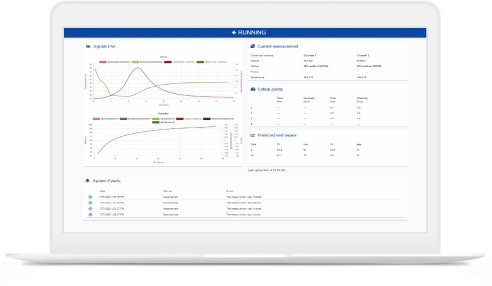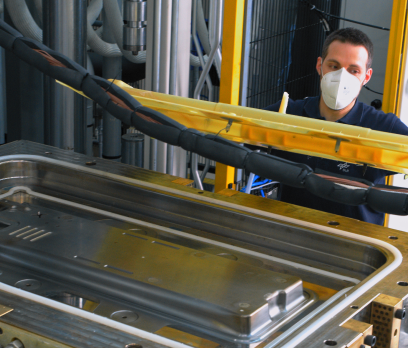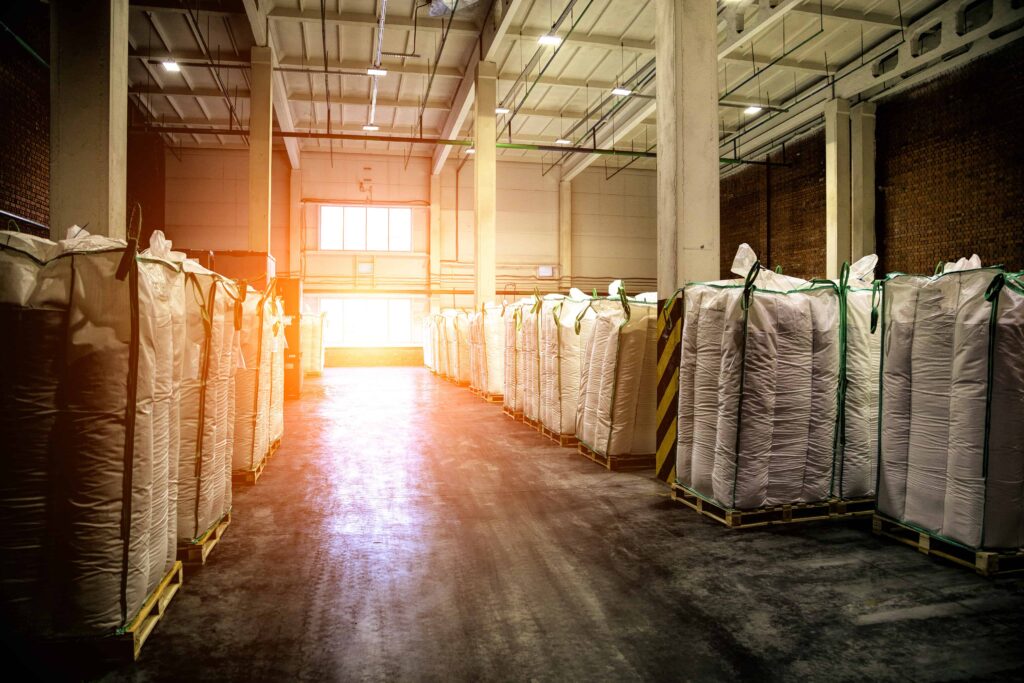Process Tracking for Transparent Manufacturing
Achieving genuine in-mold quality control in real-time is now truly possible. All thanks to fully transparent manufacturing. In other words, you can now keep track of what’s happening in your mold and maintain a consistent level of manufacturing quality, regardless of deviations in material behavior.
In addition, all your production processes are regularly uploaded to sensXPERT's Digital Cloud Service. This is designed to provide you with a comprehensive archive of previous production parameters, accessible from anywhere with an internet connection. Via unique dashboards and customizable graphs, you can monitor trends and performance indicators across all your production lines. It allows you to evaluate your entire manufacturing landscape and respond more effectively should any unwanted production issues arise.

Relevant industry challenges
To truly get a handle on what sensXPERT’s process tracking can do for you and your manufacturing output, let’s first explore the different challenges it was designed to address.
Benefits of Process Tracking
Explore real-world success stories with sensXPERT

Improving in-mold transparency in the electrical encapsulation industry
Find out how two companies successfully used sensXPERT on their reaction injection molding processes to boost in-mold transparency and reduce scrap production rates.
Find out more






